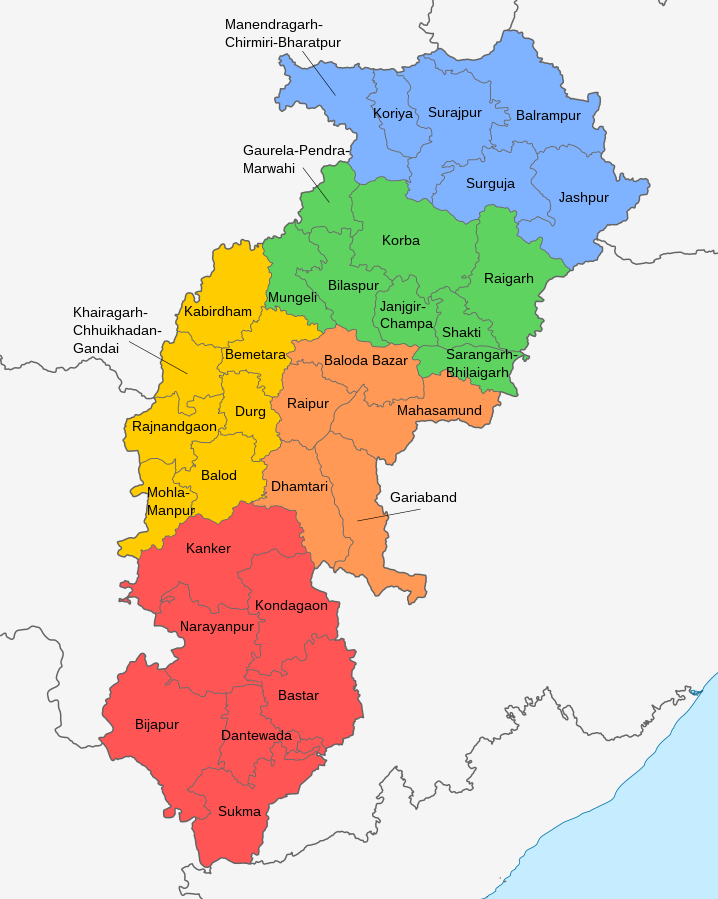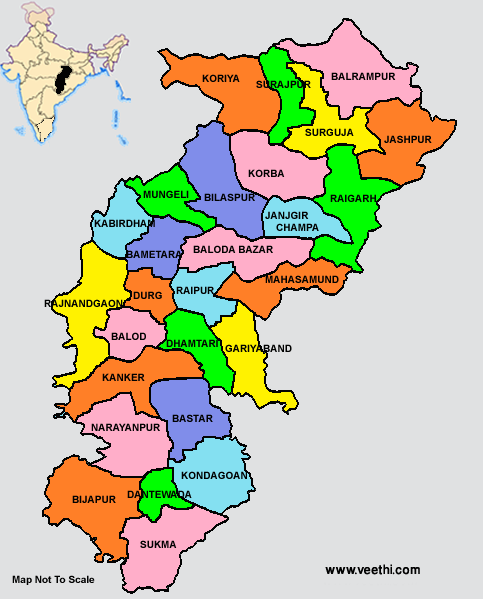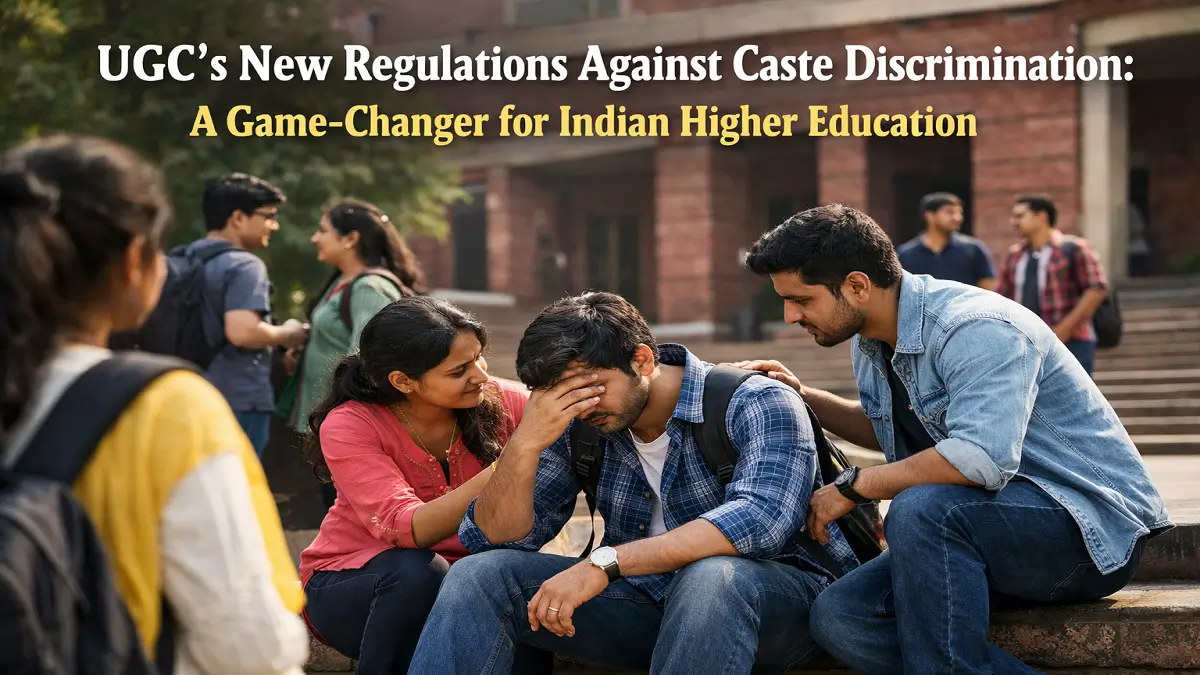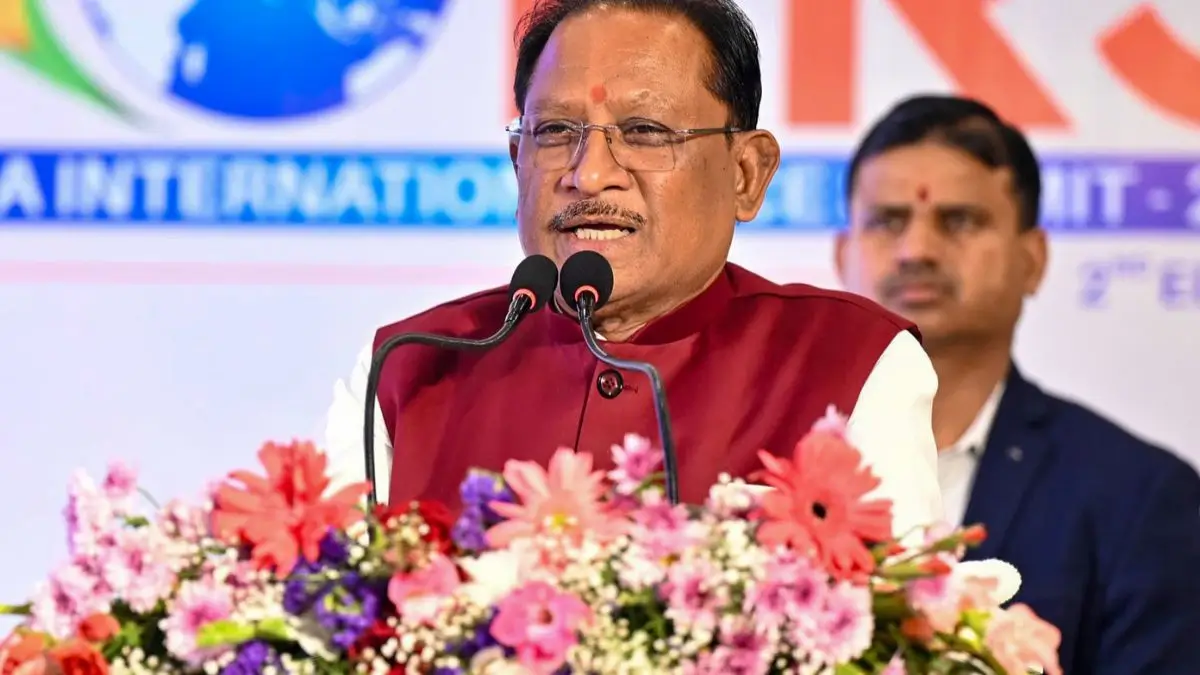Most Literate District in Chhattisgarh – Key Insights for Government Exam Preparation
Chhattisgarh, a state known for its cultural diversity and natural beauty, recently revealed its most literate district through a comprehensive survey. According to recent data, the district of Kabirdham has emerged as the most literate in Chhattisgarh, boasting an impressive literacy rate of over 80%. This milestone underscores the state’s commitment to education and highlights regional disparities in literacy levels across its districts.

Why this News is Important
In the competitive landscape of government exams, staying updated with regional developments like literacy rates is crucial. This news provides valuable insights into educational achievements and challenges within Chhattisgarh, offering aspirants a nuanced understanding of local demographics and educational infrastructure.
Historical Context
Chhattisgarh, formed in 2000 by partitioning from Madhya Pradesh, has since made significant strides in education. The state government has implemented various initiatives to improve literacy rates, particularly in rural and underserved areas. Such efforts are integral to the region’s socio-economic development and have contributed to Kabirdham’s recent achievement as the most literate district.
5 Key Takeaways from “Most Literate District in Chhattisgarh”
| Serial Number | Key Takeaway |
|---|---|
| 1. | Kabirdham district in Chhattisgarh has the highest literacy rate, exceeding 80%. |
| 2. | The survey highlights regional disparities in literacy levels across Chhattisgarh. |
| 3. | Government initiatives have played a crucial role in enhancing educational outcomes in the state. |
| 4. | Aspirants should focus on understanding local demographics and educational policies for competitive exams. |
| 5. | Knowledge of regional literacy data can enrich answers in exams related to socio-economic development. |
Important FAQs for Students from this News
1. What factors contribute to Kabirdham district’s high literacy rate?
- Kabirdham’s high literacy rate can be attributed to focused government initiatives, community participation in education, and robust infrastructure.
2. How does literacy rate impact socio-economic development in Chhattisgarh?
- Higher literacy rates correlate with improved economic opportunities, better healthcare access, and overall human development indices in the state.
3. Are there any specific challenges in achieving high literacy rates in rural Chhattisgarh?
- Rural areas often face challenges such as inadequate infrastructure, teacher shortages, and socio-economic barriers to education, affecting literacy rates.
4. What role do government policies play in improving literacy rates in Chhattisgarh?
- Government policies focus on enhancing school enrollment, quality of education, adult literacy programs, and skill development to boost literacy rates.
5. How can knowledge of regional literacy data benefit aspirants preparing for exams?
- Aspirants can use regional literacy data to understand demographic trends, formulate informed policy responses, and contextualize socio-economic questions in exams.
Some Important Current Affairs Links

















